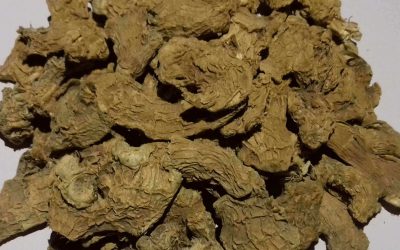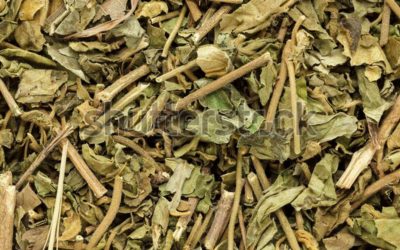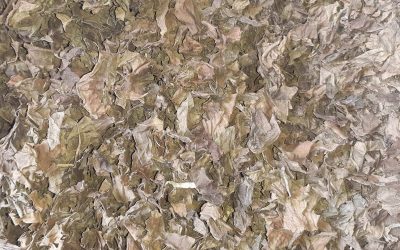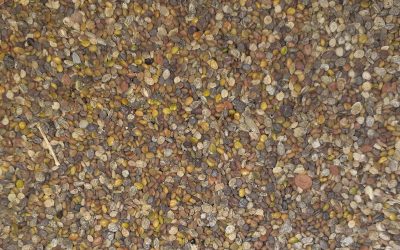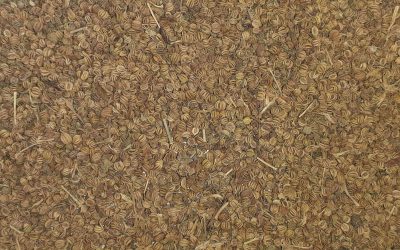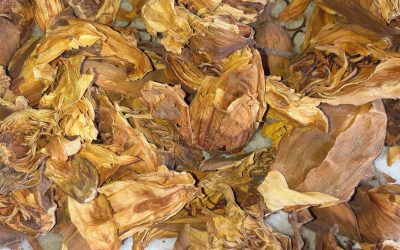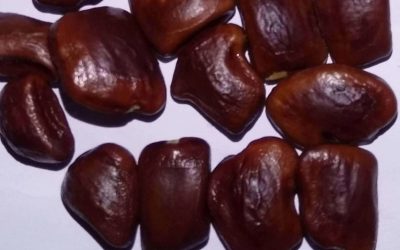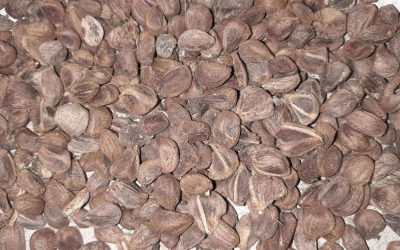Ginger
Scientific Name : Zingiber Officinale
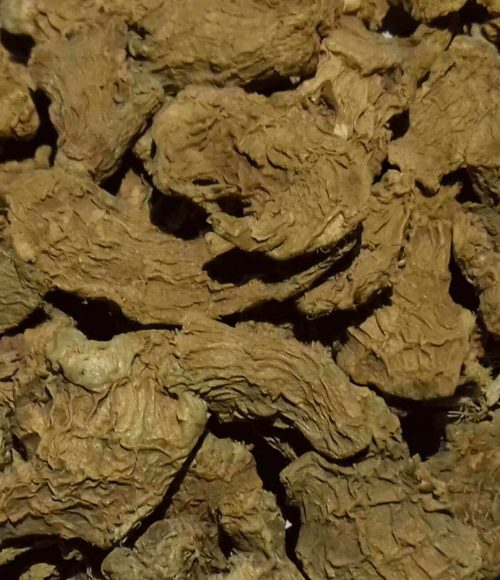
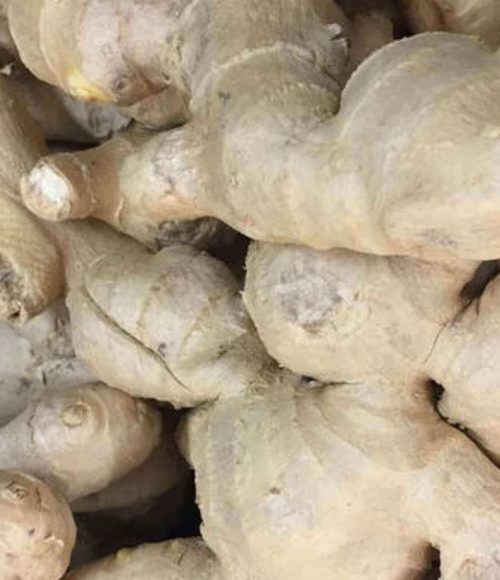
Description:
Ginger is in the family Zingiberaceae, to which also belong turmeric (Curcuma longa), cardamom (Elettaria cardamomum), and galangal. Ginger originated in Island Southeast Asia and was likely domesticated first by the Austronesian peoples. It was transported with them throughout the Indo-Pacific during the Austronesian expansion (c. 5,000 BP), reaching as far as Hawaii. Ginger was also one of the first spices exported from the Orient, ginger arrived in Europe during the spice trade, and was used by ancient Greeks and Romans.[4] The distantly related dicots in the genus Asarum are commonly called wild ginger because of their similar taste.
Use:
Evidence that ginger helps alleviate nausea and vomiting resulting from chemotherapy or pregnancy is inconsistent. There is no clear evidence of harm from taking ginger during pregnancy, although its safety has not been established.Ginger is not effective for treating dysmenorrhea, and there is insufficient evidence for it having analgesic properties due to the lack of well conducted trials. Available data provides weak evidence for its anti-inflammatory role and it may reduce the subjective experience of pain in osteoarthritis.
Allergic reactions to ginger generally result in a rash. Although generally recognized as safe, ginger can cause heartburn and other side effects, particularly if taken in powdered form. It may adversely affect individuals with gallstones and may interfere with the effects of anticoagulants, such as warfarin or aspirin.




